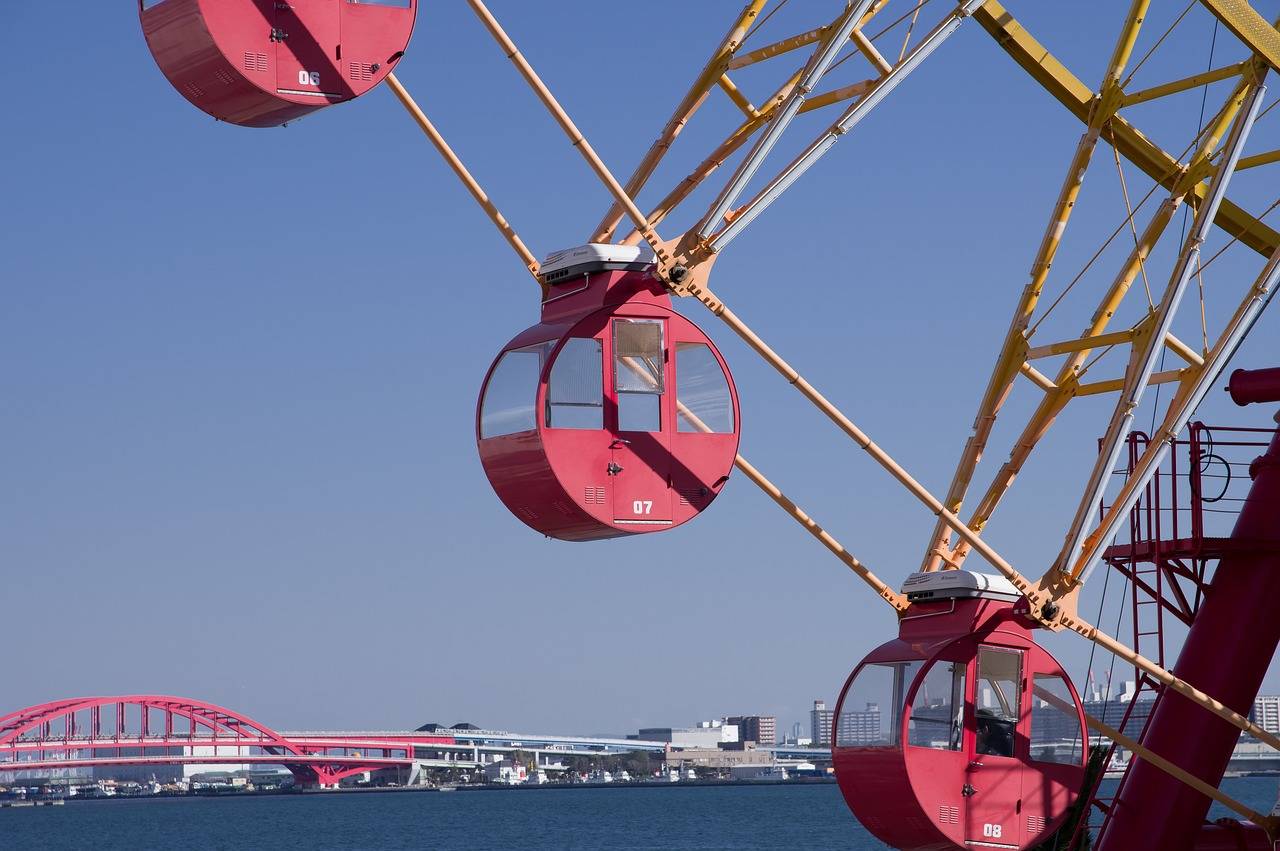The Future of Theatrical Releases: Simultaneous Streaming and Box Office Debates
Streaming platforms have revolutionized the way people consume entertainment. With the convenience of streaming services, audiences can now access a vast library of movies and TV shows at their fingertips. The ability to watch content anytime, anywhere has rapidly increased the popularity of these platforms, making them a preferred choice for many viewers.
Furthermore, streaming platforms offer users a personalized viewing experience through features like recommendations based on their viewing history and preferences. This level of customization has significantly enhanced user satisfaction and engagement with the platform. Through continuous innovation and content offerings, streaming services have become a dominant force in the entertainment industry, reshaping the landscape of how entertainment is consumed.
Challenges Faced by Traditional Movie Theaters
In the age of streaming platforms like Netflix and Hulu, traditional movie theaters are facing significant challenges to stay relevant in the entertainment industry. One of the main obstacles they encounter is the convenience and flexibility that streaming services offer to viewers. With the ability to watch movies at home or on-the-go, audiences are opting for the comfort of their couch rather than the theatrical experience.
Moreover, the rise of exclusive content on streaming platforms has put pressure on traditional movie theaters to compete for viewership. Audiences are drawn to original series and films available only on streaming services, making it harder for theaters to attract moviegoers with the same level of excitement and novelty. In order to survive in this evolving landscape, traditional movie theaters must find innovative ways to adapt and reinvent the cinematic experience for modern audiences.
How has the rise of streaming platforms impacted traditional movie theaters?
The rise of streaming platforms has provided viewers with more convenient and affordable options for watching movies from the comfort of their own homes, which has led to decreased attendance at traditional movie theaters.
What are some of the challenges traditional movie theaters are facing?
Some of the challenges traditional movie theaters are facing include declining ticket sales, competition from streaming platforms, rising costs of operation, and changing consumer preferences.
Are there any strategies that traditional movie theaters can use to overcome these challenges?
Traditional movie theaters can consider offering unique experiences such as live events, interactive screenings, and luxury amenities to attract audiences. They can also focus on providing high-quality customer service and promoting community engagement.
How important is it for traditional movie theaters to adapt to the changing landscape of the entertainment industry?
It is crucial for traditional movie theaters to adapt to the changing landscape of the entertainment industry in order to stay relevant and competitive. By embracing new technologies, diversifying their offerings, and engaging with their audiences, they can navigate the challenges they are facing.





